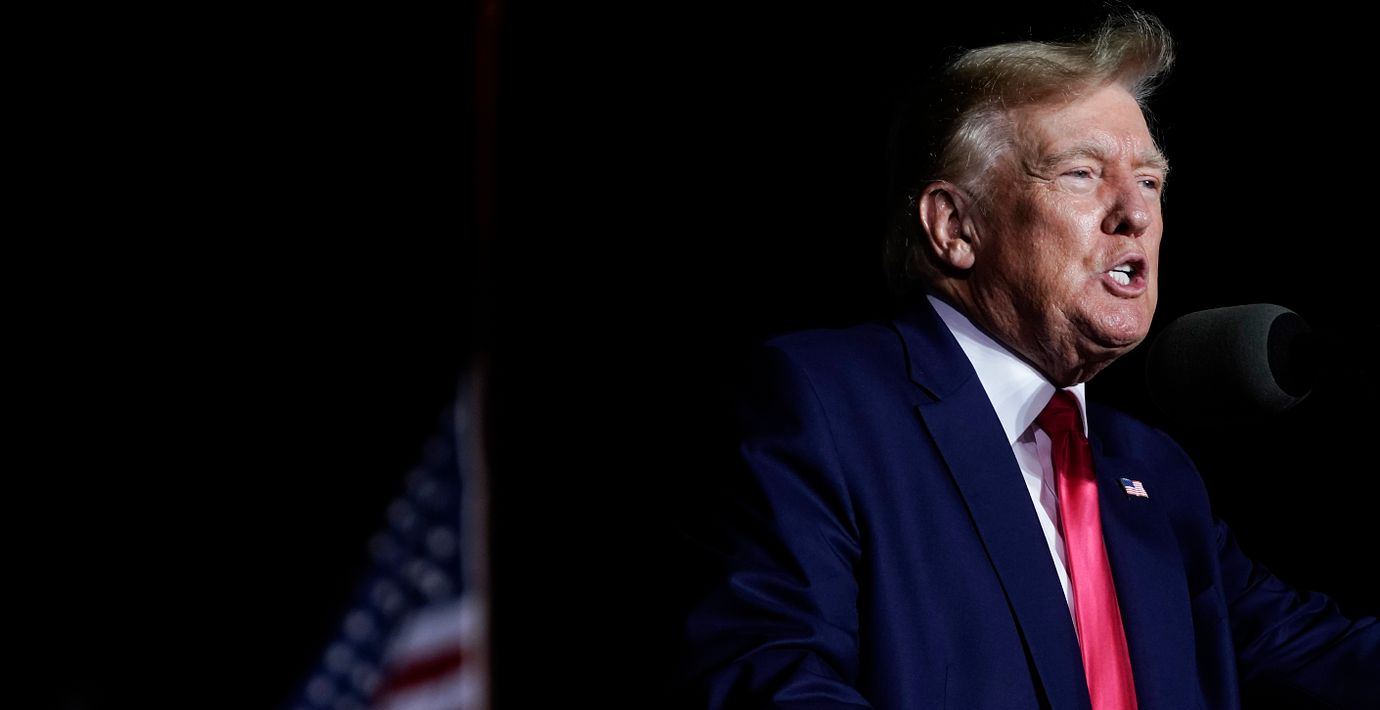
Analys: Kan vara brott även om det inte var sekretess
Det behöver inte spela någon roll om Donald Trump hävde sekretessen eller inte på de dokument han tog med sig från Vita huset till Mar-a-Lago, skriver New York Times Charlie Savage i en analys. Inte heller huruvida det skedde formellt eller informellt, menar han.
Lagen om spioneri, vilken Trumps utreds för att ha brutit mot, innebär att det är ett brott att utan tillstånd behålla dokument relaterade till landets försvar som kan användas för att skada USA eller hjälpa utländska motståndare. Detta oavsett om de är sekretessbelagda eller inte, skriver Savage.
The Guardians Julian Borgers är inne på samma spår. Han tillägger att spionerilagen tillkom före sekretessbeteckningen ens kom till.
Samtidigts tycks Trump försvar ha två – lite motsägelsefulla – strategier: dels hävdar de att FBI planterat bevis och dels hävdar de att Trump tog bort sekretessen på dokumenten, skriver han.
”Det sistnämnda vore minst sagt ovanligt, och det skulle inte vara i enlighet med hur hävande av sekretess är tänkt att fungera.”



